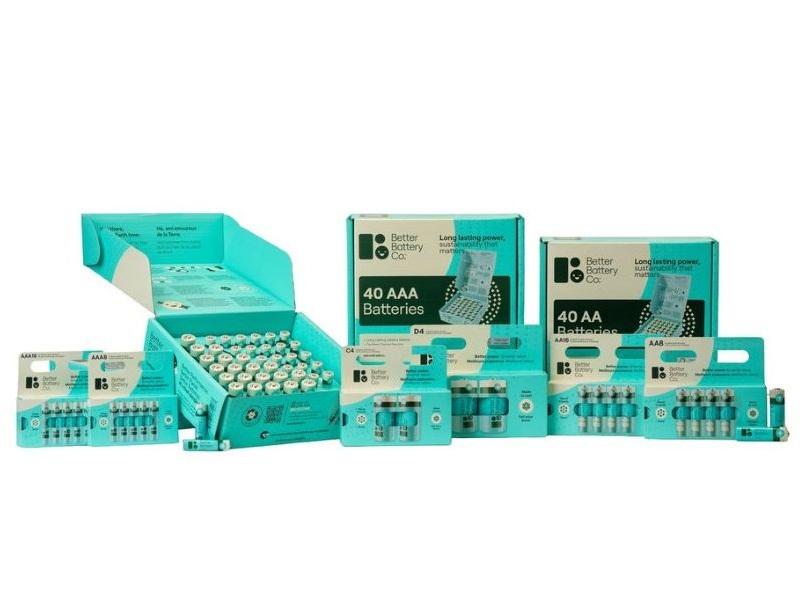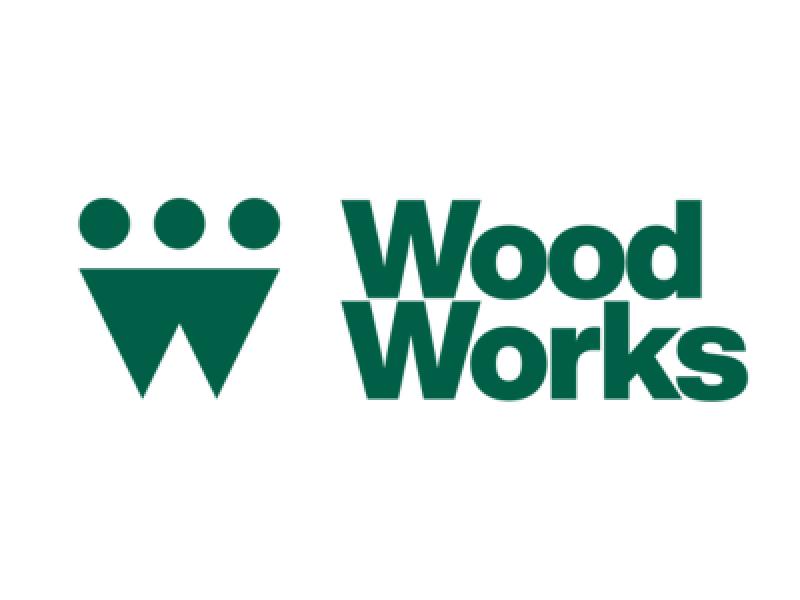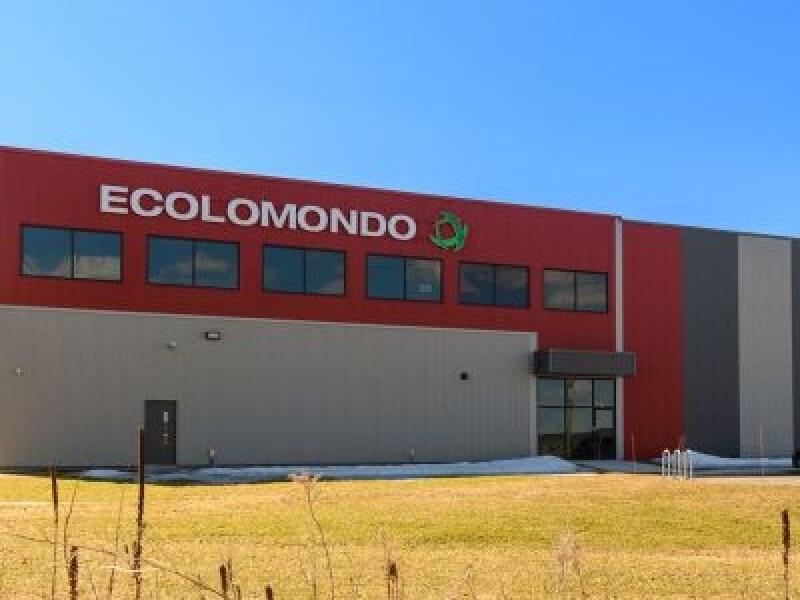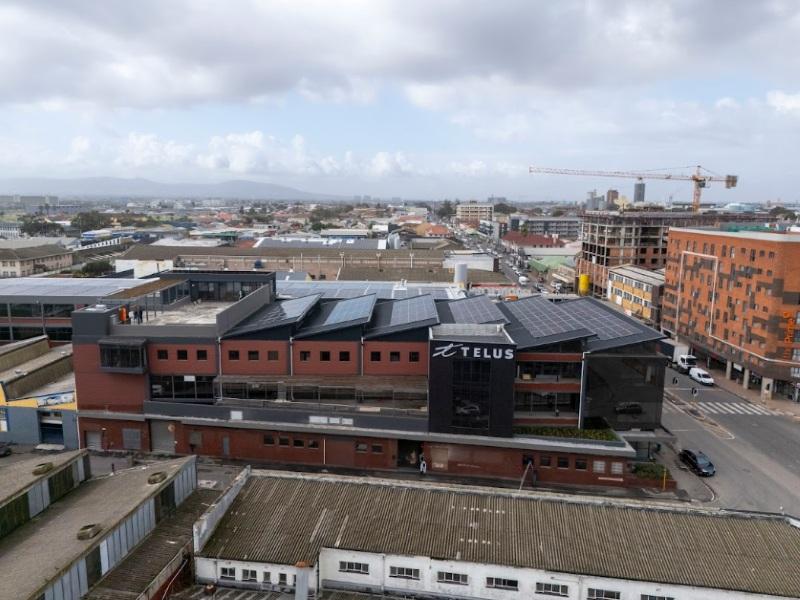
Mongrain team members on the job. (Courtesy Mongrain Inc.)
Mongrain Inc. has expanded further into Western Canada via a new location in Vancouver, in a joint venture with Cascade Roofing and Exteriors Inc. of Chilliwack, B.C.
Mongrain, which was founded in 1955 in Montreal by the grandfather of CEO Karl Mongrain, offers a variety of building envelope protections — weather, thermal, fire and structural — for residential, commercial and industrial buildings. Today, it employs around 100 people.
Among the features the companies will offer is the use of the cold-lay system in roofing — which Mongrain states it was one of the first in Canada to adopt.
Choosing Cascade as a partner came down to the two companies’ shared practices. That means both shared suppliers such as Soprema Inc. for roofing, and as Mongrain explains, the idea that his company is more diversified, bundling the work of three or more companies in one organization.
“You need three companies like us in Vancouver to do what we do . . . Our objective first was to buy a roofing company in Vancouver,” said Mongrain. “But after we just worked the market for almost a year, we met many, many roofers and we arrived at Cascade Roofing finding the same culture, the same vision and finding an opportunity to develop a roofer to be like us in Montreal.”
Cascade services commercial and residential buildings.
Currently, the joint venture between the companies means the companies are undertaking jobs together in the Vancouver area and nearby, such as Whistler and Squamish. While Mongrain completes its usual specifications, Cascade handles the roofing.
There are no present plans for Cascade to come to Quebec, “maybe eventually if it’s a big size job, we’ll have a venture for some project in Montreal.”
Mongrain and sustainability
While he noted there are “a lot of politics” involved in the push to net-zero, the company’s approach depends on its involvement in the individual project.
If Mongrain is in on it from the ground up, it’s able to choose the materials that can result in carbon reductions.
“The problem we have if it’s a spec from an architect, it’s more difficult if we’re on an industrial project and we’re betting with a general contractor,” Mongrain explained. “We’re stuck with the spec. But when we’re proposing a system, it’s a lot easier.
“And we have the opportunity to bring a more ecological approach.”
One such practice is the use of the cold-lay system. He estimates about 80 per cent of all commercial building roofs in Canada were completed with a torched-on elastomer membrane. These hot-applied roofing products are typically heated between 148.8 and 260°C.
While it’s a durable system, lasting 25 to 30 years, there is more labour involved and the heat required produces emissions, to say nothing of the components required in hot-applied roofing like tar and asphalt.
“The less product you have in your roofing system, the easier it is for the installation,” Mongrain said. “At the end of the day it depends on the system we’re using, (if) there’s less garbage to use, this is how we choose a system.”
The cold-lay system sidesteps that issue with the use of a spray-on membrane or glue, which is what Mongrain uses.
Typically, cold-applied coatings are either polyurethane, silicone, or acrylic-based. Polyurethane is typically the strongest, but in general the cold-lay systems have better flexibility and adhesion, as well as more resistance to degradation from ultraviolet light.
“It’s the future, and in 10 years we’re going to only use the cold-lay system in roofing, 100 per cent,” Mongrain said.
He singled out Toronto as more advanced and faster-moving in its sustainable practices than Montreal.
According to Mongrain, the next expansion will be on the East Coast in either Nova Scotia or New Brunswick. Mongrain is also active in Ottawa and Toronto.
His objective for the next five years is to build on affiliates like Cascade in Canada, either by acquisition or organic growth. The emphasis for now is to remain in Canada, “not because we don’t want to go to the United States. It’s a different market, and I want to be ready,” he explained.










